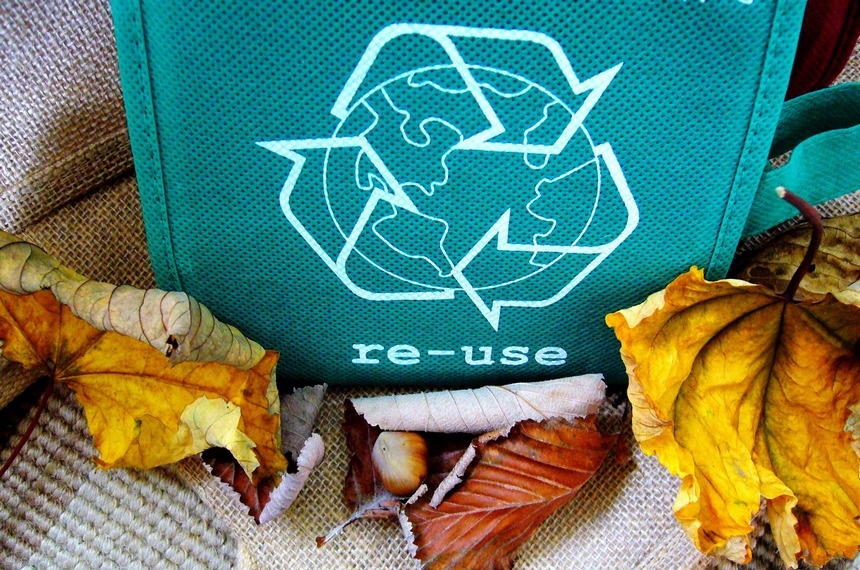
The importance of waste prevention in sustainable waste management
As described in our previous articles, the five-step EU waste hierarchy establishes an order of preference for actions in sustainable waste management, starting with the preferred option of waste prevention, followed by preparing for reuse, recycling and energy recovery, with landfilling as the last resort.
Since preventing waste is not technically dealing with waste, some critics have argued that it should not even be included as part of the hierarchy. However, waste prevention is the first and often the most important step in waste management hierarchy and a key factor in efficient and sustainable resource management.
According to the Waste Framework Directive, reducing the amount of waste generated at source and reducing the hazardous content of that waste is regarded as the highest priority. Waste prevention is closely linked with improving production methods and influencing consumers to demand greener products and less packaging.
That is why EU member states, in addition to waste management plans, are also obliged to draw up national waste prevention programmes, concentrating on the key environmental impacts and taking into account the whole life-cycle of products and materials.
Within the Directive, prevention is defined as measures taken before a substance, material or product has become waste, that reduce the quantity of waste, including through the re-use of products or the extension of their life span, the adverse impacts of the generated waste on the environment and human health or the content of harmful substances in products. Such measures should contribute to decoupling or breaking the link between economic growth and the environmental impacts associated with the generation of waste.
Some examples of waste prevention measures include:
•using planning measures or other economic instruments promoting the efficient use of resources such as technical requirements, producer responsibility or voluntary agreements
•promoting research and development into the area of achieving cleaner and less wasteful products and technologies and the dissemination and use of the results of such research and development
•developing effective indicators of the environmental pressures associated with the generation of waste aimed at contributing to the prevention of waste generation at all levels, from product comparisons at EU level through action by local authorities to national measures
•promoting eco-design as a systematic integration of environmental aspects into product design with the aim to improve the environmental performance of the product throughout its whole life cycle
•using awareness campaigns aimed at consumers, such as the promotion of credible eco-labels and education on sustainable consumption
•using economic instruments such as incentives for clean purchases or obligatory payments by consumers for products or packaging that would usually be provided free of charge
•promoting green public procurement and the inclusion of clear environmental and waste prevention criteria into calls for tenders and contracts
Sources:
Best practices in waste prevention
Author: Ivan Petarčić (RRiF-plus d.o.o.)

Follow us on